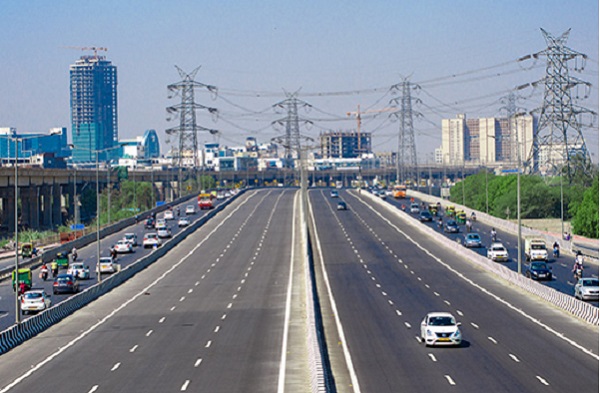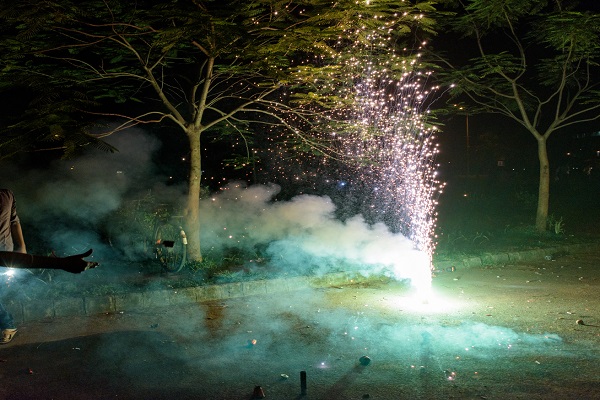.png)
When Festival Sales Outsmart Our Better Judgement
Festival sales tap psychology, not persuasion, using scarcity, credit and choice overload to turn seasonal joy into a masterclass in impulse buying.


Krishnadevan is Consulting Editor at BasisPoint Insight. He has worked in the equity markets, and been a journalist at ET, AFX News, Reuters TV and Cogencis.
October 20, 2025 at 9:23 AM IST
The festival season arrives like a familiar friend who brings sweets, stories and a gentle nudge to spend a little more than planned. This year that nudge took the shape of a mini cooler for a road trip to Kerala. It will soon rest in dignified retirement beside a car kettle that never quite boiled anything. Neither was useless when purchased, yet both were perfect only in the moment. That is the trick of modern retail because it flatters imagination faster than reason can intervene.
Every Diwali the online bazaar shifts from commerce to choreography. Countdown clocks pulse and flash deals hum while push notifications turn browsers into believers. Platforms have perfected the theatre of temptation and scarcity banners whisper that only a few are left. Abundance floods the page with near-identical options while affordability makes credit look like kindness.
The first accelerant is urgency because limited stock and one-day-only banners compress deliberation by design. One realises that when time pressure enters the frame, the perception of risk begins to shrink. The second accelerant is choice overload because endless variations of the same phone or air fryer erode cognitive bandwidth and push shoppers toward familiar defaults that mimic what they already own. Too many options, paradoxically, end up breeding repetition and regret.
Then comes the illusion of affordability because pay-later schemes inflate perceived buying power while quietly shifting pain into the calendar. These schemes raise basket sizes and smooth guilt while increasing the odds of remorse once the first instalment arrives. Even shipping turns into a behavioural nudge since free delivery thresholds make people add extras to cross an arbitrary line. The sleight of hand converts a ₹499 saving into a ₹999 spend and feels like victory until the parcel arrives.
The emotional choreography is much older than the internet and luxury has long relied on the same blend of scarcity and storytelling. A mechanical watch does not tell better time than a digital one, but it tells a better story. Phone launches, and sneaker releases all thrive on managed anticipation and the difference today is simply scale. Festival platforms have industrialised the emotional logic of exclusivity and turned aspiration into algorithm for millions of homes.
None of this makes shoppers foolish, because desire is deeply human. What has changed is its engineering and the most effective defence is not abstinence but friction. Buying time before buying things cools the emotional temperature and creates room for reason to return. A former editor once told me about a rule he followed with his wife while shopping. They would wait a night before buying anything. If he or she could not sleep, they would buy it the next day. I now see the wisdom in that method because a single night often drains the adrenaline from the deal and restores the space needed for second thoughts and better comparisons.
Trimming choice to a small shortlist helps judgement replace jitter and keeping a written budget forces restraint to enter the conversation. Treating pay-later options as genuine debt rather than as magic money protects both wallets and weekends. Ignoring shipping thresholds unless the extra item was already on the list removes one of the most effective tricks in the marketer’s manual.
A better question than “Do I want this?” is “What will it replace?” since replacement disciplines desire while addition multiplies clutter. A home that trades in replacements rather than impulses buys less but enjoys more. That is how consumption regains proportion and possessions recover meaning in a world that sells momentum as happiness.
The goal is not to silence celebration but to save it from turning into a clearance drive for the mind. If that discipline takes hold, the mini cooler might hum where it helps, the car kettle might finally pour where it is wanted and the year ahead might begin not with remorse but with relief.
The smartest purchase is still the one that survives the unboxing.



